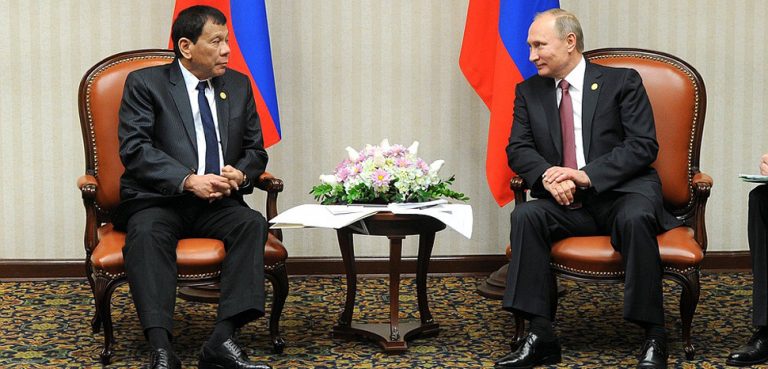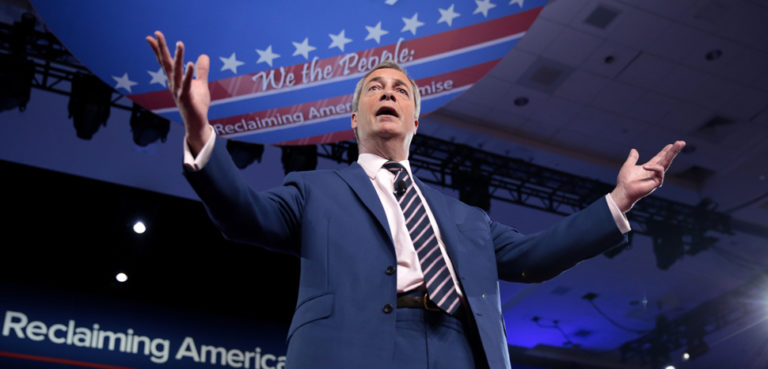There was once a politician who, after narrowly losing an election to an older, soft-spoken opponent, immediately started to plan his comeback. Doubts surfaced about his electability, from his own party and the public at large, but he managed to rally support and come back stronger, uniting his party, and later, the entire right wing of his country. By repeatedly suggesting that his election defeat was the consequence of impropriety, he successfully framed himself as an anti-establishment figure determined to right the wrongs of the past. More than a party leader, he became a symbol, either revered or passionately hated. From that point forward, his country’s politics centered on whether one supported or opposed him.
If you’re thinking of Donald Trump, think again. It is, in fact, the story of Hungary’s Viktor Orbán. But its resonance with Trump’s political journey raises alarm bells. Long before Trump’s presidency, Orbán had already transformed his party, making it an effective vehicle for his personal ambitions. After losing the Hungarian premiership in 2002, Orbán remodeled himself in opposition, and eventually reclaimed power eight years later. Over the past fourteen years in office, he has built not only a movement, but an entire state, centered around the kind of authoritarian-populist ideology found in Trump’s MAGA movement.
Warning signs in the U.S. are already evident. Trump’s family and friends are making fortunes, including Jared Kushner, his son-in-law, who has received billions of dollars in investment from a Saudi Prince, mirroring István Tiborcz, Orbán’s son-in-law, whose wealth skyrocketed with the award of state contracts and EU funding. Trump’s references to immigrants as “poisoning the blood” of America echo Orbán’s own assertions that Hungarians “do not want to become a mixed race.” Free and fair debate is severely hampered by the cultivation of a sympathetic media landscape. While Orbán has ruthlessly forced opposition voices into submission or oblivion, through a combination of hostile takeovers and intimidation, Trump has succeeded in capturing the right-wing media and is now making in-roads into silencing opposition, as indicated by the decision of the LA Times and the Washington Post not to endorse a presidential candidate for this year’s election.
Over fourteen years, Hungarians have witnessed the erosion of checks and balances, the manipulation of public perception through state-controlled media, and the enrichment of those close to the prime minister. The country is becoming an authoritarian laboratory, and a blueprint for right-wing leaders who wish to consolidate power in their home states. Americans, however, have one final chance to step in, heed warnings from the Hungarian experience, and avert the subversion of their democracy.
For many in the U.S., their country’s democratic backsliding is almost unimaginable. However, with a second Trump presidency, the political normalcies known for decades may no longer exist. Americans must take a stand against clear, self-defined, anti-democratic forces.
First, they must seek to protect their institutions at all costs. In Hungary, these fell swiftly, and, today, are controlled by Orbán’s allies, including the Public Prosecutor’s Office, from which they can shield high-level government officials and prosecute those deemed ‘enemies of the state.’ They also took over the Curia, Hungary’s Supreme Court, using it to rubber-stamp Orbán’s continuous efforts to remain in power.
Appointing loyalists is, effectively, the backdoor to state control. The move is hard to challenge as it utilizes existing legitimate systems. We can already see signs of this playing out in the U.S., with the Supreme Court and some lower-level judges. It is also evident in alterations to voting procedures in states like Georgia, where election deniers took control of the election board and pushed to reintroduce hand-counting ballots to assist Trump if he contests the results. Once such institutions are captured, it takes several election cycles, at best, to wrestle them back.
Second, they must safeguard, and rally around, independent media. To retain power, an autocrat must control the media ecosystem and the messaging citizens receive. Here is where the U.S. most resembles Hungary. Fox News, OANN, Newsmax and others are reminiscent of Hungary’s state-controlled propaganda machine. Already, the American right-wing media ecosystem is highly effective even without central control from the government. Aside from keeping the political camp unified and ensuring electoral success, this ecosystem erodes any sense of ‘sacred’ values within the political camp, as its media outlets can rationalize anything.
Lastly, they must seek to preserve civil society. Civil organizations serve as a critical counterbalance to state power. These groups can uniquely uphold the ideals of freedom and democracy by maintaining a public life that is not controlled by the government. They kept the ideals of freedom alive across Central and Eastern Europe before the fall of the Iron Curtain, and most recently helped pave the way for the return of a more democratic era in Poland, following the eight-year rule of the nationalist, right-wing, Law and Justice Party. Embracing such organizations, whether liberal or conservative, is vital for those committed to democracy.
In 2010, when we, in Hungary, faced the rise of an autocrat, there was no modern precedent in the Western world to learn from. Americans now have a clear blueprint on how burgeoning strongmen seize power—and therefore a chance to prepare. In the coming election, they have the opportunity to prevent democratic slip going any further, an opportunity that must not be missed.
Gergő Papp is a Hungarian political campaigns consultant, with a focus on democratic movements and efforts to resist the rise of authoritarianism.
The views expressed in this article belong to the author(s) alone and do not necessarily reflect those of Geopoliticalmonitor.com.




